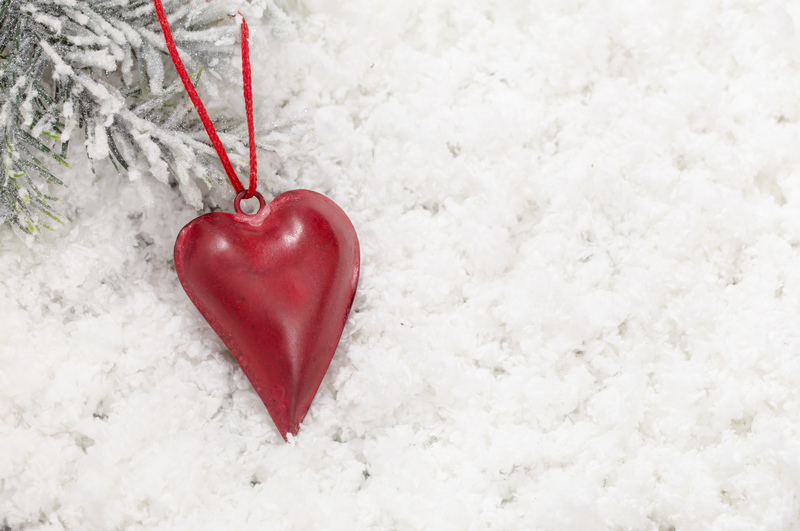Simple Hacks for Handling PPE Waste Without Polluting
Personal Protective Equipment (PPE) like masks, gloves, and face shields has become an essential part of daily life, especially since the outbreak of COVID-19. However, piling up of PPE waste poses a serious environmental threat. If not handled properly, these items can pollute the environment and harm wildlife. In this comprehensive article, we will explore simple hacks for handling PPE waste without polluting our planet. With the right practices, each of us can contribute to a cleaner, healthier environment while staying safe.

Understanding the Impact of PPE Waste on the Environment
PPE waste is mostly made up of non-biodegradable materials such as plastics. If disposed of improperly, these materials can persist in the environment for hundreds of years, leaching chemicals, blocking waterways, and endangering wildlife. For instance, face masks often contain polypropylene, a type of plastic that breaks down into microplastics, entering our ecosystems and food chain.
- Harm to wildlife: Animals can mistake PPE for food or become entangled in it.
- Microplastic pollution: Improperly discarded PPE breaks down into microplastics, contaminating soil and water.
- Human health risks: Mishandling contaminated material increases exposure to pathogens.
Therefore, adopting eco-friendly habits for PPE disposal is crucial. The following hacks will ensure you manage PPE waste efficiently, keep yourself safe and avoid environmental pollution.
Hacks to Handle PPE Waste Responsibly
1. Use Reusable PPE When Possible
The most effective way to reduce PPE waste is to choose reusable options when it is safe and appropriate. For example:
- Fabric face masks: Washable and durable, these are great alternatives to disposable masks for everyday use (non-medical situations).
- Reusable gloves: Opt for latex or nitrile gloves that can be disinfected and reused, especially for domestic cleaning.
- Face shields: These can be sanitized and reused multiple times.
Remember to thoroughly wash reusable PPE after each use following the manufacturer's instructions to maintain hygiene and safety.
2. Segregate PPE Waste at the Source
Keeping PPE waste separate from regular garbage is essential for safe handling and environmental protection. Here's how to do it:
- Designate a PPE bin: Use a covered, labeled container specifically for PPE waste.
- Avoid overfilling: Regularly empty the bin to minimize overflow and accidental spillage.
- Seal the waste: Place all PPE items in a sturdy, disposable bag before disposing of them in the PPE bin.
Segregation not only simplifies safe disposal but also minimizes the risk of contamination for waste handlers.
3. Safe Disposal of Single-use PPE
Disposing of PPE safely helps protect sanitation workers and the community. Follow these simple PPE waste disposal hacks:
- Double bag your waste: Always use two bags to contain the PPE, reducing accidental exposure.
- Tie bags securely: Make sure all bags are tightly sealed before placing them in your regular trash bin.
- Do NOT recycle PPE: Masks and gloves are not recyclable in normal household recycling systems.
Never litter PPE items in public spaces as they pose both health and environmental hazards.
4. DIY Disinfection Before Disposal
Before discarding used PPE, it's recommended to disinfect them to kill pathogens and reduce risks for anyone who may handle the waste later. Simple ways include:
- Spray with disinfectant: Use an alcohol-based spray on masks and gloves before disposal.
- Soak in bleach solution: If feasible, dip single-use PPE in a diluted bleach solution then discard safely.
This small step drastically minimizes the risk of viral transmission via discarded PPE.
5. Join Community Collection and Disposal Programs
Many communities have special PPE waste collection services in place. Look for local:
- Designated PPE drop-off bins: Often found at hospitals, shopping centers, and pharmacies.
- Municipal hazardous waste programs: Ask if they accept PPE waste.
- Special recycling initiatives: Some organizations (like TerraCycle) offer recycling of disposable masks.
Participating in community programs ensures PPE waste is managed in a controlled, eco-friendly manner.
6. Get Creative: Upcycling and Art Projects
If you're feeling creative, consider upcycling uncontaminated PPE (such as unused or sample products) for art, crafts, or educational projects. For example:
- Masks can be repurposed in collage projects.
- Gloves used as molds for DIY home decor or plant pots.
- Face shield panels for protective covers or creative displays.
Important: Only use new, unused PPE to prevent the risk of contamination.
Tips For Reducing PPE Waste at Home and Work
Switch to Sustainable PPE Brands
Numerous brands now offer biodegradable masks, compostable gloves, and other innovative PPE. Choose products made from sustainable materials like bamboo fiber, cornstarch, or other plant-based polymers.
Buy in Bulk, But Store Safely
Purchasing in bulk reduces packaging waste, but always store PPE in a cool, dry place to maximize shelf-life and ensure efficacy.
Use PPE Wisely
- Follow guidelines: Only use PPE when necessary as advised by health authorities.
- Don't double up: Wearing two masks or gloves at once doesn't enhance your protection but does double waste.
- Educate others: Share your knowledge about proper use, reuse, and disposal of PPE.
Encourage PPE Waste Auditing at Workplaces & Schools
Businesses and institutions can track PPE usage and waste generation as part of their sustainability programs. This helps identify ways to reduce consumption and improve disposal practices.
Innovative PPE Waste Management Solutions
PPE Recycling Technologies
A few pioneering companies and organizations are working to recycle PPE waste using advanced technologies:
- PPE-to-fuel conversion: Some processes melt plastics from PPE into usable fuels.
- Chemical recycling: Breaking down plastics at a molecular level for new product manufacturing.
- Specialized recycling bins: Located in airports, hospitals, and supermarkets for mask disposal.
Supporting such innovative programs helps create demand for large-scale solutions, turning a pollution problem into an opportunity.
Biodegradable and Compostable PPE
Scientists are constantly working on developing new materials for sustainable PPE. Some recent breakthroughs include:
- Masks made from banana fibers, bamboo, or algae-based plastics.
- Compostable gloves engineered from corn starch or polylactic acid (PLA).
- Home compostable N95 masks for non-medical users.
Adopting new innovations helps reduce dependence on petroleum-based single-use PPE.
PPE Waste Handling FAQs
Can PPE be recycled in household bins?
No. Disposable face masks, gloves, and most other PPE cannot be recycled in regular household bins. They contaminate recycling streams and should be disposed of through proper protocols.
What should you do with used masks and gloves after personal use?
Place them in a separate bag, tie it securely, and dispose of them in the general waste bin. Never leave them in parks, streets, or natural areas.
Are there alternatives to traditional disposable PPE?
Yes! Look for biodegradable or reusable options, and buy from sustainable brands that minimize plastic content and use environmentally friendly materials.
How can I protect waste collectors from PPE-related hazards?
- Always double-bag PPE.
- Clearly label bags containing PPE waste.
- Disinfect used PPE before discarding.

Inspiring Global Efforts and Case Studies
Community-led PPE Drives
Some neighborhoods have organized PPE collection drives to keep streets and waterways clean. For example, environmental volunteers in Indonesia have set up PPE recycling stations at busy intersections.
Corporate Responsibility Programs
Industries in the healthcare and retail sectors are investing in safe PPE waste bins, educational campaigns, and collaboration with recycling companies.
Innovation in Developing Countries
Pragmatic solutions like turning PPE waste into construction bricks or energy are being piloted in nations with limited waste infrastructure.
These inspiring projects show the collective impact of thoughtful PPE waste management.
Conclusion: Small Changes, Big Impact
As the use of personal protective equipment continues to play a crucial role in public health, so does the responsibility to manage its waste. By following these simple hacks for handling PPE waste without polluting our environment, each individual contributes to a larger solution. Remember:
- Choose reusable or sustainable PPE whenever possible.
- Segregate, disinfect, and safely dispose of used PPE waste.
- Support and participate in community collection, recycling, or creative upcycling efforts.
- Advocate for and adopt innovative solutions, from biodegradable materials to recycling technologies.
Every small action counts. By being mindful and responsible, we can safeguard both our health and our environment, ensuring a cleaner world for generations to come.
For more tips on safe waste management and eco-friendly living, stay tuned to our regular updates!